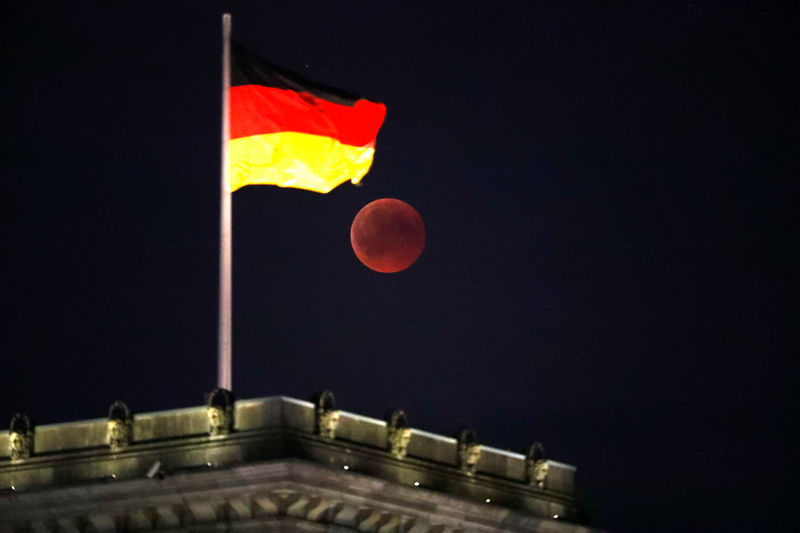Capstone Holding Corp. lowers convertible note conversion price to $1.00
Investing.com - Markets could be hoping that Germany’s federal parliamentary election this weekend yields a "pro-growth" government coalition, according to analysts at Barclays (LON:BARC).
Ahead of Sunday’s crucial vote, Germany’s center-right Christian Democratic Union and its Bavarian sister party, the Christian Social Union, hold a lead in the polls over the far-right Alternative for Germany (AfD) and current chancellor Olaf Scholz’s Social Democratic Party (SPD).
The polls indicate that the CDU/CSU, AfD, and SPD, are close to securing at least 5% of the vote -- an important threshold parties must pass in order to be represented in the Bundestag, Germany’s national parliament.
Crucially, all parties have vowed not to align with AfD, which has been polling in second place and gaining momentum.
Although this could lead to a range of outcomes, analysts have suggested that a concentration of control of the Bundestag -- and the absence of a "blocking minority party" possibly formed by the AfD and another party -- could support growth in Germany’s economy because it would help clear the path to some fiscal easing initiatives.
In particular, it may make reform of Germany’s so-called "debt brake" more possible, analysts have argued. This law, which was one source of the strife that led to the collapse of Scholz’s government in December and triggered the upcoming election, stipulates that the state can only spend as much money as it brings in.
The Barclays analysts led by Emmanuel Cau argued the "most reasonable base case" for the make-up of the government would be for a CDU/CSU coalition with the SPD.
However, they flagged in a note to clients on Friday that "actual policies will depend on the shape of the future coalition, which may take some time to form." They added that overhauling the debt brake would also require changes to the constitution, which would need the ruling coalition to achieve a two-thirds majority -- and not face a blocking minority.
The election comes at a precarious time for Germany’s economy. A jump in competition from international rivals, elevated energy costs, high interest rates and broad economic uncertainty have dented activity in Europe’s largest economy.
Growth is expected to contract for a third consecutive year in 2025, according to recent media reports citing the BDI industry association.
Despite expectations that the Eurozone currency area will expand by 1.1% this year and the global economy by 3.2%, Germany is seen shrinking by 0.1%, BDI said. Should the 2025 contraction come to pass, it would be the first time since Germany was reunified that it has shrunk for three straight years.
Meanwhile, given separate issues facing European Union integration and the bloc’s recently tense relationship with the new administration of U.S. President Donald Trump, Germany’s decision could have an impact on the rest of the continent, the Barclays analysts said.
"[The] German election [...] will be a decisive moment for Europe," they wrote.
